- Course Catalog (PDF)
- Agricultural and Resource Economics
- Allied Health
- American Sign Language*
- American Studies
- Animal Science
- Anthropology
- Art
- Asian and Asian American Studies*
- Biological Sciences
- Business
- Chemistry
- Chinese
- Civil Engineering
- Classics & Ancient Mediterranean Studies
- Communication*
- Computer Science and Engineering*
- Digital Media & Design*
- Dramatic Arts
- Earth Sciences*
- Economics
- Education
- English
- Engineering
- French
- German
- History
- Human Development & Family Sciences
- Human Rights
- Italian Literature and Cultural Studies
- Kinesiology*
- Latino & Latin American Studies
- Marine Science
- Maritime Studies
- Mathematics
- Mechanical Engineering
- Music
- Natural Resources and the Environment
- Nutritional Sciences
- Pharmacy
- Philosophy
- Physics
- Plant Science
- Political Science
- Public Health
- Sociology
- Spanish
- Statistics
- University
Economics
Explore the UConn Economics website for departmental information. Course descriptions below correspond to the UConn undergraduate directory of courses.
ECON 1000: Essentials of Economics
Three credits ($150). Offered Fall, Spring, or Full-year. Not open to students who are currently enrolled in or who have passed ECON 1201 or 1202.
A general introduction to micro- and macroeconomics. Economic concepts to be taught include opportunity costs, demand and supply, incentives, comparative advantage, inflation and employment policies, balance of international payments, and economic growth.
Eligibility Guidelines: Successful completion or simultaneous enrollment in Intermediate Algebra/Algebra II and Geometry are required.
ECON 1201: Principles of Microeconomics
Three credits ($150). Offered Fall, Spring, or Full-year. May be taken before or after ECON 1202.
How the invisible hand of the market functions through the economic decisions of firms and individuals. How prices, wages and profits are determined, resources are allocated and income is distributed. Topical subjects (e.g., energy policy and health care).
Eligibility Guidelines: Successful completion or simultaneous enrollment in Intermediate Algebra/Algebra II and Geometry are required.
ECON 1202: Principles of Macroeconomics
Three credits ($150). Offered Fall, Spring, or Full-year. May be taken before or after ECON 1201.
The organization and function of the economic system as a total unit. Economic decisions, institutions, and policies that determine levels and rates of growth of production, employment, and prices. Topical subjects (e.g., government budget deficits and current interest-rate policy).
Eligibility Guidelines: Successful completion or simultaneous enrollment in Intermediate Algebra/Algebra II and Geometry are required.
Instructor Certification Requirements:
There are two faculty ranks associated with UConn ECE Economics—Instructor and Preceptor. The minimum requirement for teachers wishing to become a UConn ECE Economics Instructor is a Master’s Degree in Economics or equivalent experience (as judged by the UConn Economics Department).
The minimum requirement for teachers wishing to become a UConn ECE Economics Preceptor is the potential for teaching Economics which includes a Bachelor’s degree in Economics and/or equivalent experience in the field. The role of ECE Economics instructor and preceptor differ in the levels of independence determined by the University's faculty coordinator in Economics. Preceptors may be encouraged to seek full certification by completing additional coursework in Economics.
All proposed syllabi submitted with an application should include a grade comparability statement denoting the possible differences between a students high school and UConn course grades.
Instructor Resources:
ECON 1000 Sample Syllabus (PDF)
ECON 1201 Sample Syllabus (PDF)
ECON 1202 Sample Syllabus (PDF)

